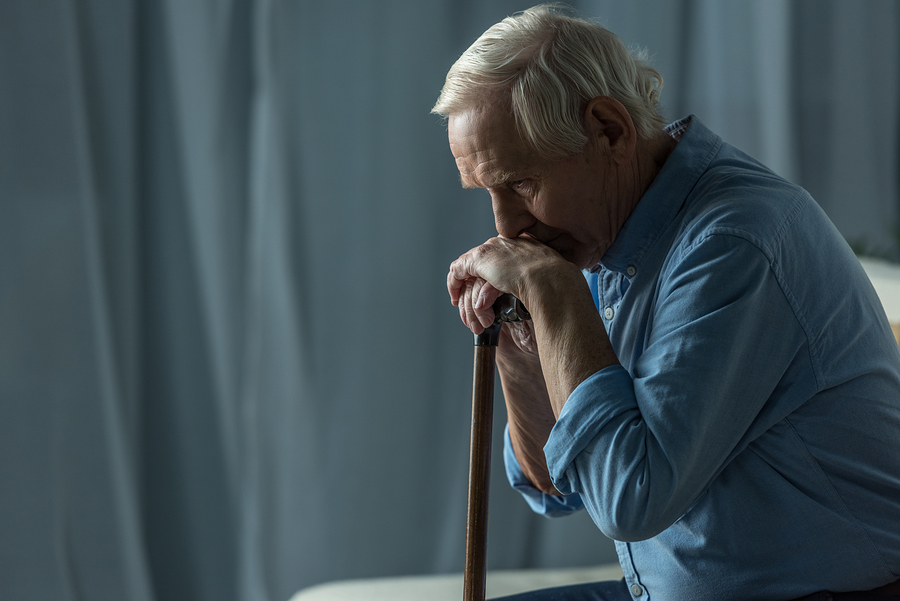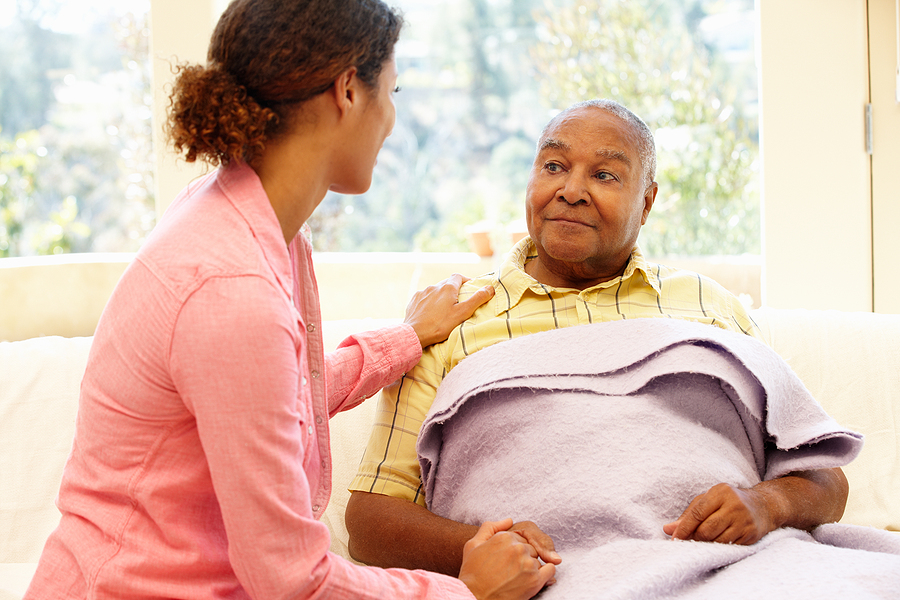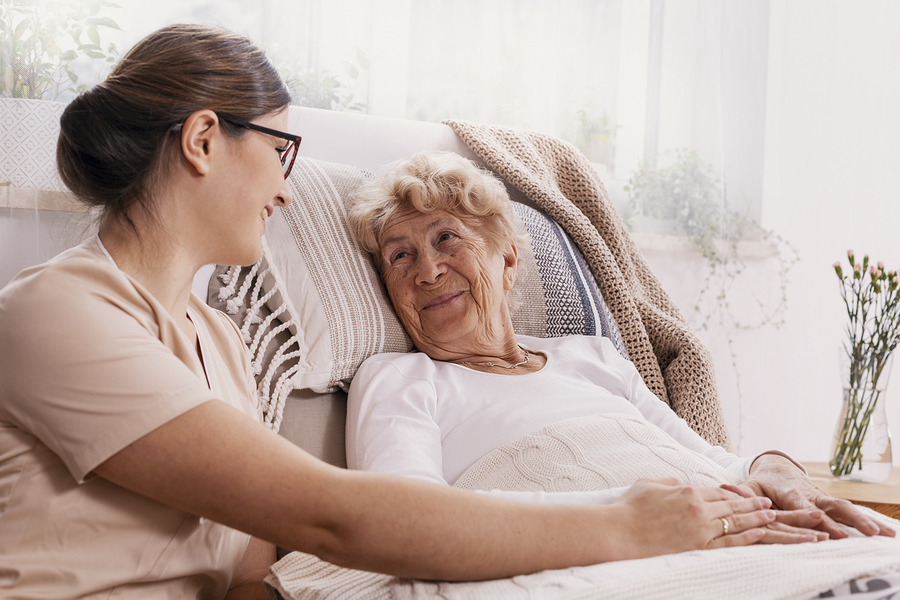Does it Seem Like Your Elderly Loved One is Depressed? Here are Signs to Watch For.
Category:

As you may know, depression can be tough to overcome. You may have experienced some depression yourself at certain times in your life. Maybe you are even experiencing depression now. With that being said, you may know some of the symptoms of depression. However, it is important to note that we usually don’t think of the elderly as being depressed. For this reason, you may not recognize depression in your elderly loved one. However, there some symptoms that can help you to figure out if your elderly loved one is depressed.
Feeling Down Often
Do you or an elder care provider notice that your elderly loved one is feeling down often? Maybe they are sad, angry, or sad most of the time. If this is something you are or the elder care providers are noticing, it could mean that your elderly loved one is experiencing depression.
Increased Irritability and/or Anxiety
Your elderly loved one might be depressed if they are displaying increased irritability and/or anxiety, as well. These two symptoms may be happening because your elderly loved one doesn’t feel they are in control of things that are happening in their life. They may be irritable because they aren’t sleeping well or because they just don’t know how to express their feelings. In addition, anxiety can be tough to manage. If your elderly loved one is anxious, not being able to manage it can cause the depression, too.
Not Having Much Energy
Your elderly loved one may not have much energy. This could mean that they are depressed. Many people who are depressed with lay around a lot of the time. Others who are depressed won’t seem to have any energy to do activities they used to enjoy. If you or an elder care provider notice that your elderly loved one doesn’t seem to have the energy to do things, you may want to find a way to talk to them about depression.
Feeling Worthless
Since your elderly loved one is no longer working, they may start feeling worthless. If your elderly loved one says they don’t have a purpose in life or they don’t have anything to give back to others, this could be a sign of depression.
Conclusion
These are some of the symptoms that might signify that your elderly loved one is depressed. If you or an elder care provider recognizes these things in your elderly loved one, take the time to show them you care. Let them know that you want to help them feel better.
Sources
https://www.nimh.nih.gov/health/topics/depression/index.shtml
Subscribe
Date: December 29, 2020
Category:

